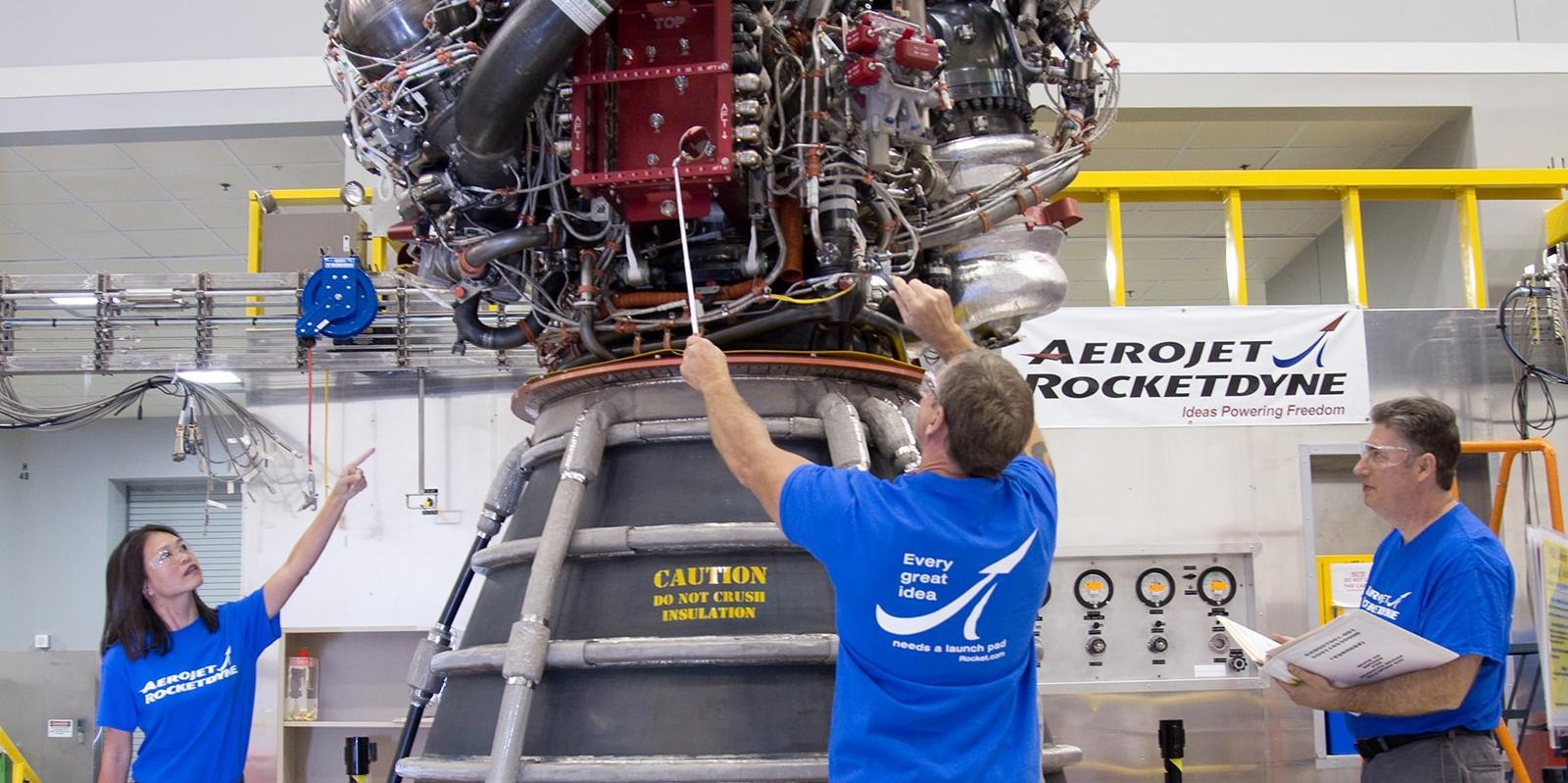The FTC opposes the merger due to antitrust concerns
WASHINGTON — Lockheed Martin’s proposed $4.4 billion acquisition of rocket engine manufacturer Aerojet Rocketdyne is likely to be blocked by the Federal Trade Commission, Aerojet said in a news release Jan. 25.
Lockheed Martin in December 2020 announced its intent to acquire Aerojet but the acquisition has been challenged on grounds that it would give Lockheed too much power over the U.S. missile industry.
Aerojet Rocketdyne on Tuesday said it expects the FTC to block the acquisition. “We believe it is highly likely that the FTC will vote to sue to block the transaction and expect they will make a decision before Jan. 27, 2022.”
FTC Chair Lina Khan in recent months had expressed concerns about vertical mergers if the combination of companies substantially lessens competition or creates a monopoly.
Aerojet said it “has been advised by the FTC that its concerns regarding the transaction cannot be addressed adequately by the terms of the proposed consent order,” the company said.
Under the proposed consent order, Lockheed Martin would agree to make Aerojet’s rocket motors available to competitors on a non-discriminatory basis, and to firewall Aerojet’s engine business from Lockheed’s missile manufacturing operations.
This arrangement did not satisfy the FTC and also was criticized by Lockheed’s main competitor in the missile market, Raytheon Technologies.
Aerojet Rocketdyne’s engines are used by both Raytheon and Lockheed Martin in tactical and strategic missiles the companies make for the U.S. Defense Department.
The consolidation of Aerojet under Lockheed Martin would put Raytheon in the position of having to buy about 70 percent of its missiles’ propulsion systems from its primary competitor, Raytheon executives have pointed out.
Lockheed Martin has argued that the merger should follow the same template as Northrop Grumman’s acquisition in 2018 of solid rocket motors manufacturer Orbital ATK. The Northrop-Orbital deal was approved by regulators on condition that the company agreed to supply motors to its competitors.
If the FTC sues to block the Lockheed-Aerojet transaction, Lockheed Martin can choose to defend the lawsuit or terminate the merger agreement.
Aerojet Rocketdyne said in the statement that it “continues to believe in the benefits of the transaction for the United States and its allies, the industry, and all of the company’s stakeholders.”
